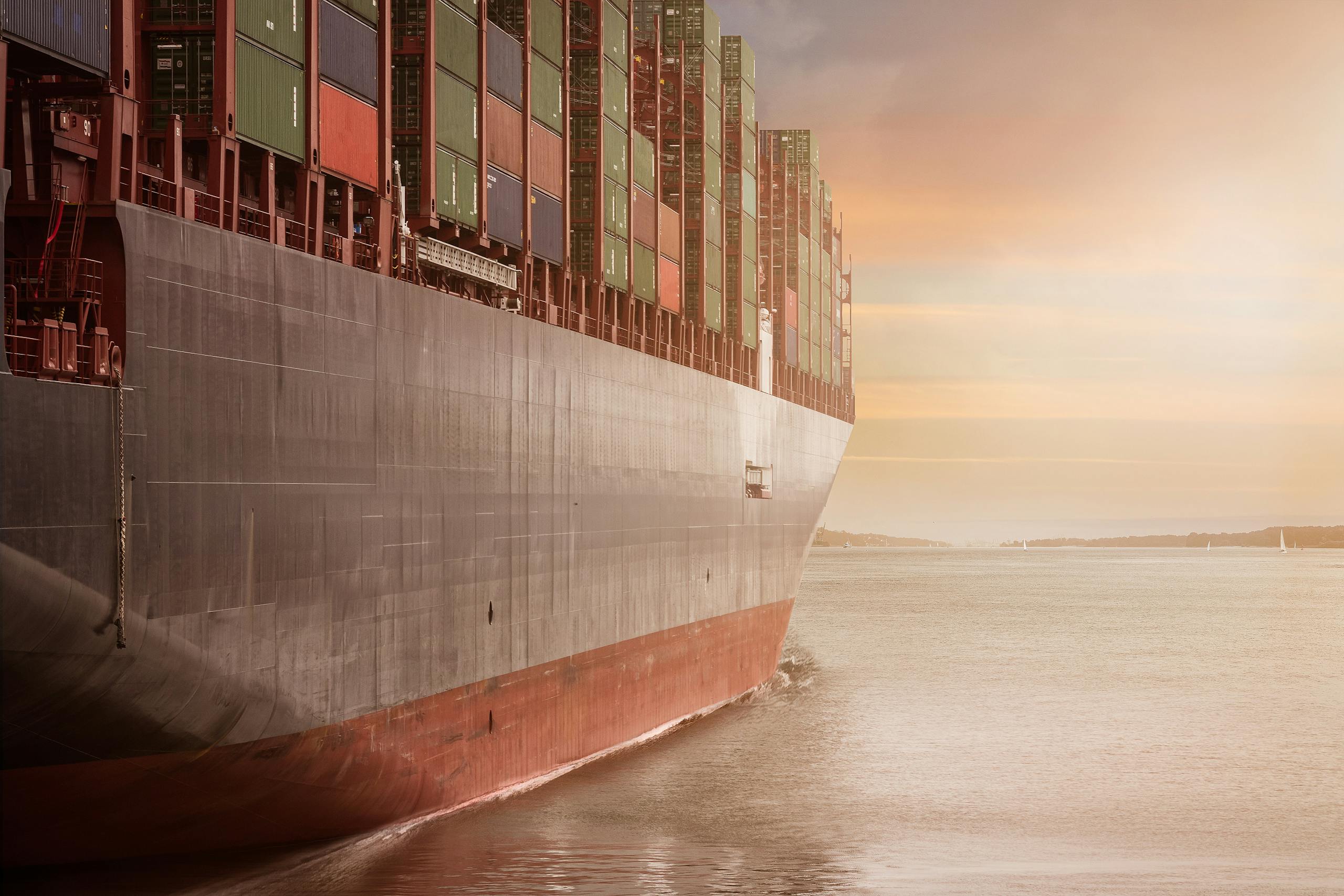Marine and Cargo Insurance for Exporters: Protecting Shipments
International trade is the lifeblood of the Australian economy, with billions of dollars in goods moving across oceans and borders every year. For businesses engaged in exporting, the journey from factory floor to international customer is filled with opportunity — but also risk. Goods can be lost, damaged, or delayed in transit, leading to significant financial losses. That’s where marine and cargo insurance becomes not just useful, but essential.
This guide explores the vital role marine and cargo insurance plays in safeguarding Australian export businesses, the key legal and commercial considerations involved, and how to ensure your shipments are properly protected.
Why Marine and Cargo Insurance Matters for Exporters
Exporters often rely on a network of freight forwarders, shipping lines, air carriers, and customs brokers to deliver goods safely to international destinations. While these parties are skilled professionals, they cannot eliminate all the hazards associated with international transportation.
Risks include:
- Rough weather at sea
- Theft or piracy
- Handling damage during loading/unloading
- Fire or explosion onboard vessels
- Container losses overboard
- Delays due to port strikes or geopolitical issues
A single incident in transit can result in total or partial loss of goods, creating a serious financial burden for exporters — especially if goods are not covered by appropriate insurance.
Marine insurance provides coverage for loss or damage to goods transported by sea (and sometimes air or land, depending on the policy), helping businesses recover financially and maintain customer satisfaction.
Understanding Marine and Cargo Insurance in the Australian Context
Australia has specific legal frameworks governing transport and insurance, including the Marine Insurance Act 1909 (Cth). This legislation sets out the principles and rights involved in marine insurance contracts, including terms related to insurable interest, indemnity, disclosure, and claims.
In general terms:
- Marine insurance includes cover for sea voyages, coastal transport, and other transit-related risks.
- Cargo insurance is more narrowly focused on the goods being transported, regardless of the method (sea, air, or land), and can be a subset of marine insurance policies.
Exporters must understand that relying solely on carrier liability (such as that under the Hague-Visby Rules or the Carriage of Goods by Sea Act 1991) is risky. These liabilities are typically limited and may not fully compensate exporters for the true value of lost or damaged goods.
Types of Marine and Cargo Insurance Policies
There are several types of policies that exporters can choose from, depending on their operations and risk exposure.
1. Voyage Policy
A single-use policy that covers a specific shipment from one location to another. Ideal for small businesses or occasional exporters.
2. Open Cover Policy
This ongoing agreement covers all shipments within a specified time frame (e.g., 12 months). It’s suited for businesses with frequent exports and provides ease of administration.
3. Named Perils vs. All Risks
- Named Perils: Covers only risks explicitly listed in the policy (e.g., fire, sinking, collision).
- All Risks: Offers broader coverage, including accidental damage and theft — though exclusions still apply.
4. Institute Cargo Clauses (ICC)
Most marine cargo policies in Australia use ICC terms (A, B, or C), which define the extent of coverage. Clause A provides the widest cover and is typically recommended for high-value or sensitive goods.
Key Considerations When Choosing Marine Insurance
When evaluating export business insurance, there are several important considerations to keep in mind:
Valuation of Goods
Ensure your policy reflects the full commercial value of your shipment, including cost, freight, and reasonable markup (commonly CIF + 10%).
Incoterms
Your shipping terms — such as FOB (Free on Board), CIF (Cost, Insurance, and Freight), or DDP (Delivered Duty Paid) — will determine who is responsible for insuring the goods and at what point risk transfers from seller to buyer.
Country-Specific Risks
Different export destinations come with different risk profiles. Consider regions with heightened political instability, piracy risks, or poor port infrastructure.
Packaging Standards
Poor packaging may void your insurance coverage if it’s found to contribute to the damage or loss of goods. Ensure your goods are packaged to meet international shipping standards.
Legal Obligations and Disclosures
Under Australian law, insurance contracts are governed by the Insurance Contracts Act 1984 (Cth). Exporters must disclose all material facts to the insurer before taking out a policy. Failing to do so — for instance, not informing the insurer of hazardous goods or unusually high-value cargo — may void coverage.
Additionally, some goods may require specialist insurance. For example:
- Live animals
- Perishables
- High-value electronics
- Artworks or antiques
Always confirm with your insurance broker or provider that your goods are properly categorised and covered.
Case Study: When Things Go Overboard
In 2020, the APL England lost more than 40 containers off the coast of New South Wales during heavy seas. The containers fell overboard and some washed up on beaches, while others were never recovered.
Many Australian exporters suffered significant losses. Those with appropriate cargo insurance were able to recoup their losses quickly. Others, relying solely on carrier compensation, received limited reimbursement — if any.
This incident underlines the unpredictability of maritime transport and the importance of tailored insurance solutions for exporters.
The Role of Export Business Insurance
Beyond marine and cargo coverage, exporters should consider comprehensive export business insurance. This can bundle together various forms of protection, such as:
- Marine and cargo insurance
- Trade credit insurance
- Product liability insurance
- Professional indemnity
- Cyber risk cover
Having a holistic insurance strategy ensures continuity of operations, protects reputation, and offers peace of mind in the face of global trade complexities.
Choosing the Right Insurance Partner
The international nature of exporting demands specialised knowledge. It’s essential to work with an insurance broker or provider that understands marine law, international freight logistics, and your industry-specific risks.
When choosing a provider, ask:
- Do they offer tailored marine cargo insurance for your specific goods and destinations?
- Can they provide advice on Incoterms and risk transfer?
- Do they have experience handling international claims?
A good insurance partner won’t just sell you a policy — they’ll help you manage risk across the entire supply chain.
Don’t Let Risk Sink Your Business
In today’s fast-paced global market, exporters face a multitude of challenges — from regulatory changes and economic shifts to the unpredictability of international shipping. Without proper insurance, a single incident in transit can erode years of hard work.
By investing in marine and cargo insurance, and integrating it into a broader export business insurance strategy, Australian exporters can shield their operations from costly disruptions and deliver with confidence, every time.
Ready to Protect Your Shipments?
Don’t leave your exports exposed to chance. Contact Sirius Insurance today to discuss customised marine and cargo insurance solutions that safeguard your shipments and secure your success in global trade.







